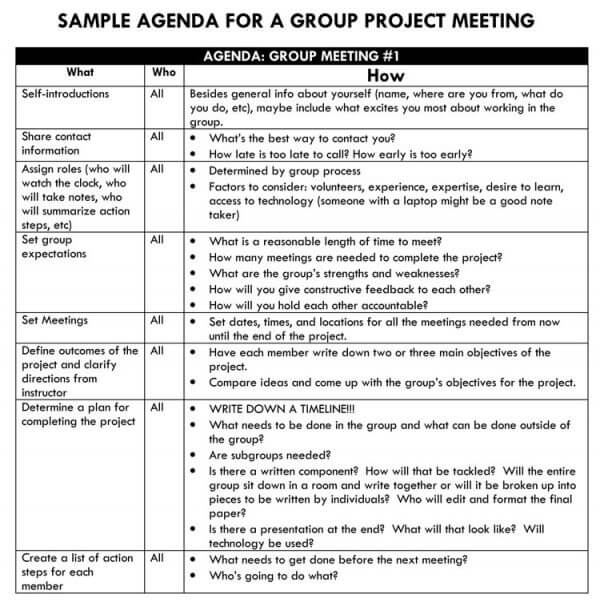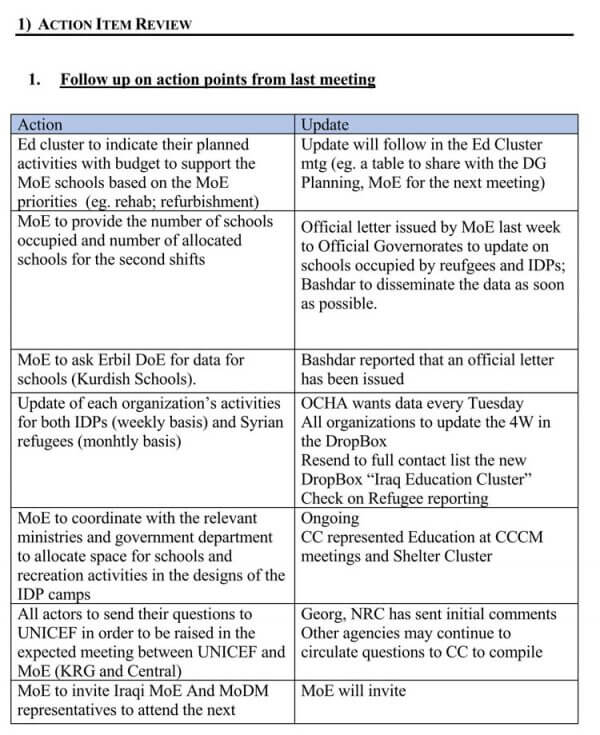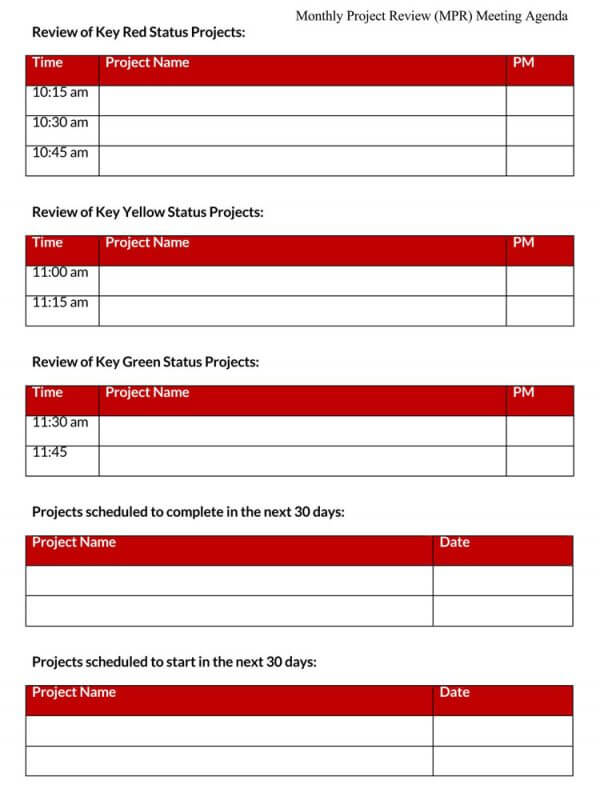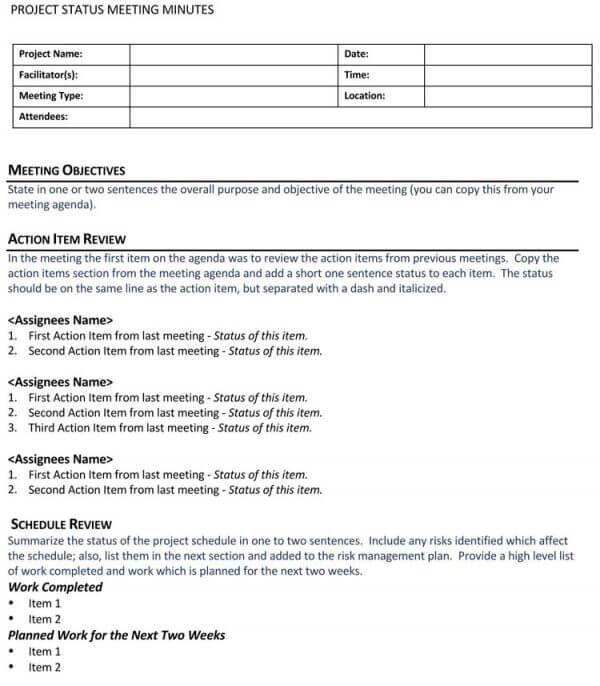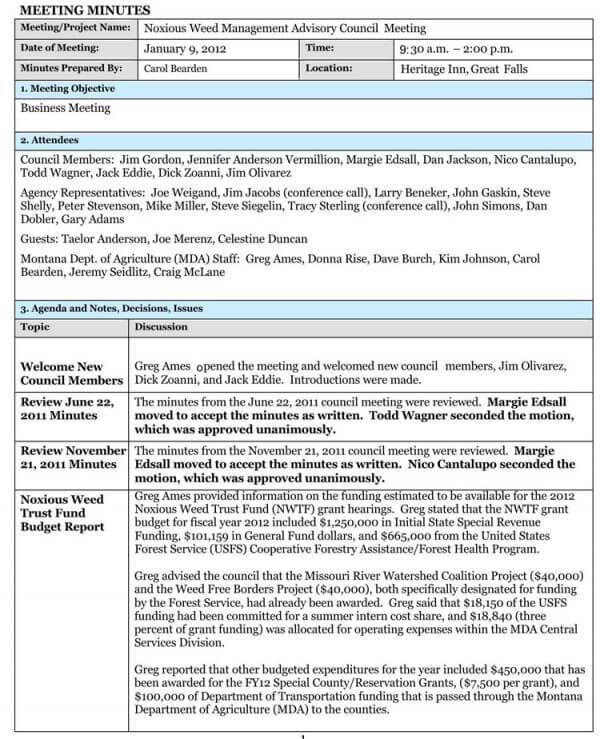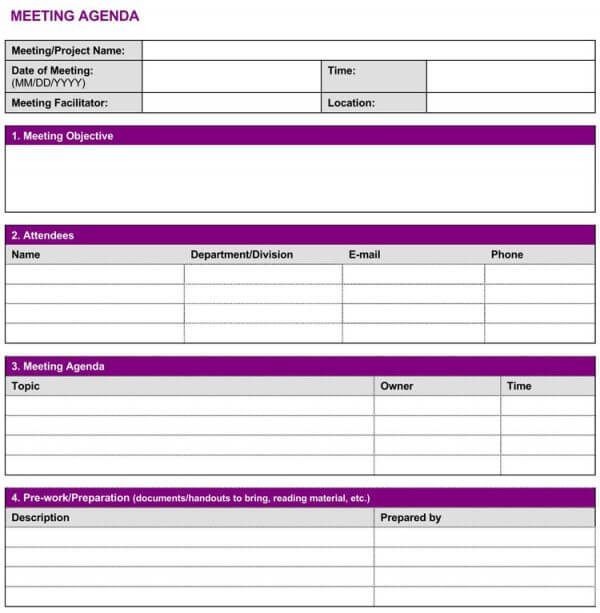Project meetings are always part of the corporate environment. It is in them that professionals interact, discuss, exchange information, and make important decisions about the projects in question. In theory, it should at least be like this.
But we know that many long and unproductive meetings directly affect the progress of a project’s activities. That’s why it’s so important for project managers to think about how to make meetings more productive by facilitating decision-making and sequencing of activities.
A long and unproductive meeting is highly detrimental to the schedule of an enterprise. Professionals waste precious hours on useless encounters. Project managers find themselves with much less time and know that nothing was accomplished during the meeting.
But thinking that there are meetings that are essential to the success of a project, we put together a quick guide to make productive meetings in project management, created and executed to generate several benefits for all involved.
Continue reading this article and apply the knowledge to your upcoming meetings.
Project Management Meetings
Very long and unproductive meetings impede what they help. Therefore, applying the knowledge of project management in the meetings of your day-to-day can be essential to always have good meetings.
Types of Meetings
There are some types of meetings that are extremely useful for the correct progress and monitoring of the activities of a project.
Below, we list the main meetings you should hold for your projects.
Kick-Off Meetings
The initial meeting, also known as the Kick-off Meeting, aims to present all to the main stakeholders of a project, besides presenting the objectives and goals to be met. In this meeting, the schedule of activities, the matrix of responsibility, the matrix of risks and opportunities are transmitted, among other important documents.
This meeting also aims to hold the first meeting of all those involved in the project, so that they can meet in person. In some cases the kick-off meeting is held as a social event, seeking to facilitate the integration and communication of future project professionals.
It is essential to take part in the project sponsor in this meeting, after all, he is the real responsible for the execution of the activities.
Follow-Up and Control Meetings
After the start of the project, it is necessary to carry out the monitoring and control of the activities performed. Collecting important information, resolving some disorders, and making relevant decisions are some practical objectives of these meetings, which must be held on a previously defined basis.
Also, follow-up and control meetings are essential to verify that the progress of project activities is in line with what was planned. In these meetings, it is important to review the report status of the project and decide whether an action plan is needed to correct deviations.
Project control meetings must involve all stakeholders who can impact results: team or representatives of the execution, management, customer or client area, partners, and critical suppliers.
Evaluation Meetings
The major objective here is to pass on the project teams and their members’ feedback on the activities performed. Evaluation meetings are of paramount importance to hitting the edges of the team and ensuring that all internal problems are addressed.
What’s more, providing feedback to professionals gets them motivated and helps them understand their real importance in the progress of the project as a whole.
Lessons Learned
Lessons learned are meetings held at the end of each stage of the project. The major purpose of this meeting is to verify what worked and what went wrong during the activities. The information I got throughout developing the activities becomes a great knowledge base for the company’s upcoming projects.
Closing Meetings
Closing meetings are commonly used to formalize the closure of a stage or the entire project. In them, it is disclosed the entire route performed, the results received, performing the teams, and the detailing of the next phases, if the project does not end.
The project manager can divide the closing meeting into two: A meeting with the project teams, reviewing the lessons learned and detailing the continuity of the project, and another meeting with the main stakeholders and the sponsor, reviewing deliveries and formalizing the closing of the stages.
For you to transform your unproductive, long, and boring meetings into succinct and effective meetings you need to plan, organize, and know the real impact of that meeting on the progress of the activities. Thus, all participants will benefit.
What is a Meeting Agenda?
It is a roadmap, a list of activities to be carried out in an orderly sequence during a meeting. The meeting agenda outlines the themes and topics that need to be discussed or decided and the things to be done during the meeting.
Tips for Successful Project Meetings
Take a look at the following tips to create more profitable meetings where all members win:
Usage of Meeting Agenda
A well-conducted meeting is an organized meeting. Writing an agenda and sending it to the participants allows them to fully understand and prepare for the agenda of the meeting. During the meeting, the agenda is the roadmap that allows for clear and efficient progress.
A great tip that avoids the meetings being unproductive is preparation. The project manager should plan, to verify the real purpose of the meeting and thus outline the entire strategy of how it will happen.
The preparation will also determine who should be invited to attend, what participants should know, and how they should prepare. Think about devices such as projectors, video and sound systems, coffee breaks, among others.
Communicate In Advance
After defining all the summons, you must communicate them in advance, so they can schedule and attend properly prepared.
Respect Schedules
Along with the invitation of the meeting, interestingly, you send the agenda to the professionals involved, and the agenda of the discussions and topics to be developed. In this way, everyone will know the start and end time and the discussion time of each item.
Always try to respect the stipulated time, both for start and end, and the deadline for discussion and explanation of each item. Thus, everyone will know that their meetings are productive and will not waste time when attending.
Ensure the Participation of All
Employees research, collect and prepare relevant data and then prepare themselves to discuss a particular subject in meetings. However, with mismanagement and running, they do not feel comfortable explaining their opinions. These situations can prove to be demotivating.
Always try to provide an environment where everyone can expose their opinions and ideas, always seeking the maximum participation of those involved. In this way, everyone will stay alert and awake, avoiding the embarrassment of sleeping or not paying attention to what is happening.
Do not forget to record the relevant information in the meeting minutes, as it is a very important document of the project.
Free Project Meeting Templates
We intend to make this entire process a lot easier for you! How? By directly providing you with our fully customizable and free Project Meeting Agenda Templates below!
FAQs
Why is project management important for my organization?
Project management is important because it brings customers and teams together, creates a vision for success, and puts everyone on the same page as what’s needed to stay on track. When projects are managed properly, there is a positive impact that reverberates beyond the delivery of things.
What is the first step to take in organizing a project meeting?
The first step to take in organizing a project meeting is to identify and meet with stakeholders.
What are the most important points to be covered in a project meeting agenda?
Introduction, project scope, roles and responsibilities, and executive summary are the most important points to be covered in a project meeting agenda.
In conclusion; any well-functioning organization is well-aware of the importance of every single project that they deal with on behalf of their organization, whether it be an internal project or one that is externally influenced in term day-to-day term partnerships; as these projects directly bring revenue into the company. It would be one of the most disappointing and damaging things that could happen to your company; if you lose an important project and that too, especially because of something as minor as inefficient project management. Therefore, it is necessary for the managers to not only conduct frequent project meetings to keep track of their projects, but also to conduct them in the most proper manner possible, with the aid of properly structured meeting agendas.
